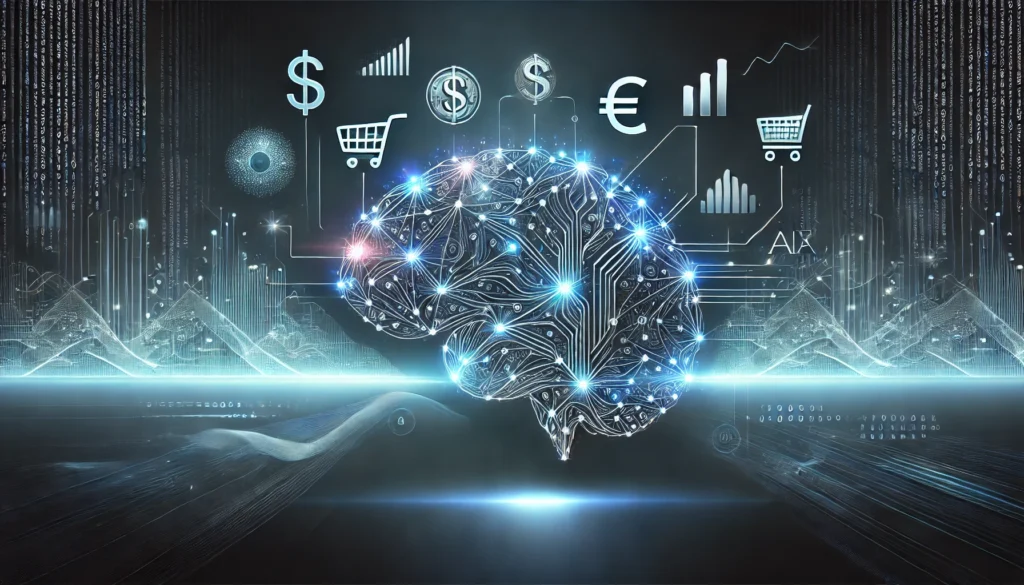In the ever-evolving landscape of technology, one phenomenon has been making waves across industries and transforming the way we live and work – Artificial Intelligence (AI). From enhancing efficiency to revolutionizing entire industries, AI’s importance cannot be overstated. In this blog post, we will delve into the facts that underline the significance of artificial intelligence in our world today.
1. Enhancing Efficiency and Productivity:
Artificial Intelligence is a game-changer when it comes to automating mundane and repetitive tasks. Machines equipped with AI algorithms can process information faster and more accurately than humans, leading to a significant boost in efficiency and productivity across various sectors. This allows human workers to focus on more creative and complex aspects of their jobs.
2. Data Analysis and Decision-Making:
AI has the ability to analyze vast amounts of data at an unprecedented speed. This analytical prowess enables businesses and organizations to make data-driven decisions, uncover patterns, and gain valuable insights. From healthcare to finance, the power of AI in processing and interpreting data is transforming industries and facilitating smarter decision-making.
3. Personalized Experiences:
Artificial Intelligence is at the forefront of creating personalized experiences for users. From personalized recommendations on streaming platforms to targeted advertising, AI algorithms analyze user behavior and preferences to deliver content and services tailored to individual needs. This not only enhances user satisfaction but also contributes to the success of businesses by increasing customer engagement.
4. Healthcare Revolution:
In the realm of healthcare, AI is proving to be a revolutionary force. Machine learning algorithms can analyze medical data to predict disease outbreaks, assist in early diagnosis, and recommend personalized treatment plans. AI is also playing a crucial role in drug discovery, making the process faster and more efficient.
5. Automation and Robotics:
The integration of AI with automation and robotics is transforming industries such as manufacturing and logistics. Intelligent machines can perform tasks with precision and consistency, leading to increased production rates and reduced costs. This not only benefits businesses but also contributes to economic growth.
6. Language Processing and Communication:
Natural Language Processing (NLP) is a subset of AI that focuses on the interaction between computers and humans using natural language. AI-powered language processing enables chatbots, virtual assistants, and language translation services, making communication across languages and platforms more accessible and efficient.
7. Addressing Global Challenges:
Artificial Intelligence has the potential to address some of the most pressing global challenges. From climate change to poverty, AI applications are being explored to develop innovative solutions. Whether it’s optimizing energy consumption or predicting natural disasters, AI is playing a crucial role in tackling issues that impact the entire planet.
Conclusion:
As we navigate the intricate web of technological advancements, it becomes evident that Artificial Intelligence is not just a buzzword but a transformative force shaping the present and future. The facts outlined above highlight the multifaceted importance of AI, from boosting efficiency and productivity to revolutionizing healthcare and addressing global challenges. Embracing the potential of AI is not just a choice but a necessity in a world that continues to be shaped by the relentless march of technology.







